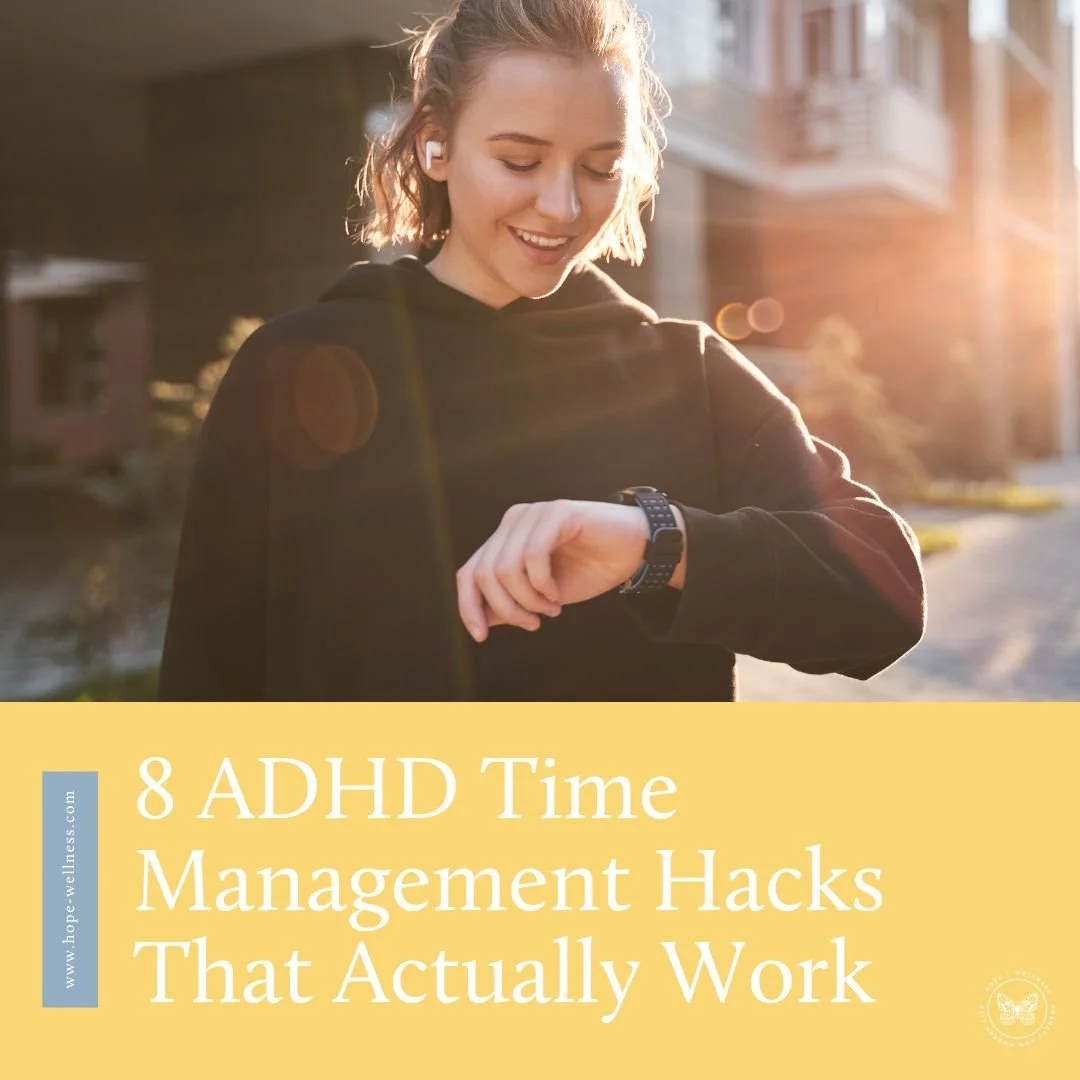3 Tips for Parenting a Child with Chronic Pain
It can be challenging to parent a child with chronic pain. Not only is it difficult to see your child in pain, but parents often feel helpless, stuck, and unsure of what to do to help ease the pain and mitigate its impacts on their child’s life and daily functioning. For instance, children with chronic pain often begin to miss school, become socially isolated, and feel increasingly depressed and anxious over time. So how can parents help support their children get back to life and functioning even in the face of pain?
Interdisciplinary Assessment and Treatment of Pediatric Chronic Pain
One of the things that makes parenting a child with chronic pain so challenging is that what seems most intuitive and most natural when treating acute, short-term pain, such as rest, time off from school, can often worsen chronic pain. So it’s important to get a proper comprehensive evaluation done prior to treatment. You can find an interdisciplinary clinic which specializes in pediatric pain. These clinics specialize in appropriately assessing and diagnosing pain and will help you determine appropriate treatment. Specialists there can help your child learn to manage and maintain normal age-appropriate functioning despite the chronic pain.
Because chronic pain is so complex, treatment must also be multifaceted and interdisciplinary to appropriately tailor treatment and target critical domains involved. Interdisciplinary programs often involve evaluation by a physician, psychologist, physical or occupational therapists. There are a few of these programs across the country, including here in Washington DC, at the Pain Medicine Care Complex at Children’s National Health Systems. Below is a list of a few programs with interdisciplinary pediatric pain programs:
Work with your child’s physician, psychologist, and physical therapist to understand what activities can be tolerated by your child.
Parents play an incredibly important role in treatment and in their child’s outcomes. The treatment of chronic pain is highly complex, so it is important to work hand in hand with your child’s specialist providers.
It might seem counterintuitive, but oftentimes, parents are recommended by specialists to encourage normal, age appropriate activity by their children. It’s important that children maintain functioning despite the pain. It makes sense when you consider that children who begin to lose functioning such as frequent school absences, fall behind, become stressed, increasingly depressed, anxious, and socially isolated, which are factors that can all contribute to worsening pain. Therefore, parents are often asked to provide positive reinforcement and praise for engaging in normal daily activities. Avoid questioning about the presence of pain. Consider whether the pain may have secondary functions such as avoidance or escape from undesirable activities. Work closely with your child’s treatment team to understand how you can best support your child emotionally and behaviorally. Because pain is so complex, all lifestyle factors must be considered and targeted.
Help your child get good sleep
Sleep is often significantly affected in children with chronic pain. Pain and discomfort can make it very difficult to fall asleep and stay asleep. This can result in increased and worsening pain during the day. Therefore, it is important for parents to help promote healthy sleep behaviors and a regular sleep-wake schedule in their children. Healthy sleep hygiene includes:
Limiting use of the bed for sleep (and not homework, watching TV or other activities)
A consistent bedtime routine
Limiting use of electronics
Consistent bedtime and waketimes
Limiting intake of caffeine, tea, coffee
It can help to work with a psychologist who specializes in working with children with chronic pain. Sleep is an important area to address as it impacts pain, mood, as well as energy and ability to function and attend school, all of which in turn are also related to pain.
In sum, chronic pain in children can be difficult and stressful to navigate, but with time, appropriate specialized care, and parental support, children with chronic pain can manage it and reclaim their lives again for greater health and happiness.
Please read blog disclaimer below; this blog does not replace medical advice.
pediatric psychologist in mclean, falls church, arlington and vienna
Victoria Chialy Smith, PhD is a licensed clinical psychologist providing individual therapy to children, teens, and adults with chronic pain, anxiety, and depression. Our practice provides Cognitive Behavioral Therapy (CBT), mindfulness based therapies, and other premier evidence-based treatments, and serves the Falls Church, McLean, Great Falls, Vienna, Arlington, Alexandria, and the greater Washington DC region. Call, email, or schedule an appointment with us online today. We’re happy to help!










If you’re looking for ways to slow down the holiday rush this year so you can actually enjoy yourself, here are some ideas for how to stay present during the holiday season.